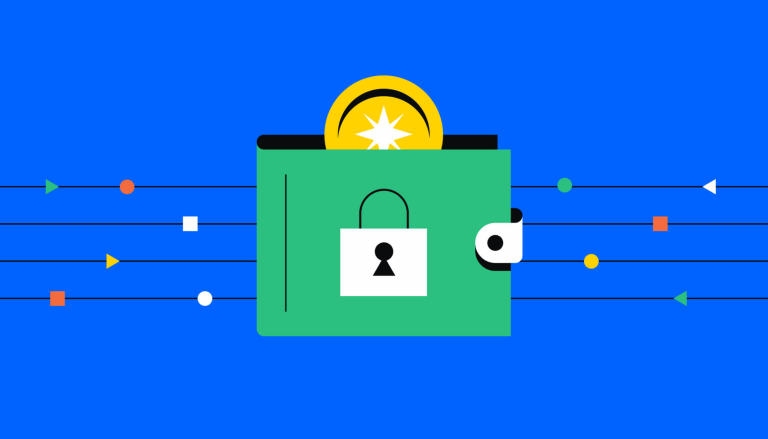What is a private key?

Private key
A private key is like a password — a string of letters and numbers — that allows you to access and manage your crypto funds.
When you first buy cryptocurrency, you are issued two keys: a public key, which works like an email address (meaning you can safely share it with others, allowing you to send or receive funds), and a private key, which is typically a string of letters and numbers (and which is not to be shared with anyone). You can think of the private key as a password that unlocks the virtual vault that holds your money. As long as you — and only you — have access to your private key, your funds are safe and can be managed anywhere in the world with an internet connection.
Why are private keys important?
The system of public and private keys are one of the cryptographic innovations that make digital money possible and secure. Here is how they work.
Cryptocurrencies like Bitcoin and Ethereum are decentralized — meaning there is no bank or any other institution in the middle holding your digital money. Instead, your crypto is distributed across a network of computers via a technology called a blockchain. One feature of crypto blockchains is that they are open: all public key and transaction information is available for anyone to see.
Via some complicated math, your public key is actually generated by your private key, which makes them a matched pair. When you make a transaction using your public key, you verify that it’s really you by using your private key.
Even though everything is out in the open, it’s also anonymous — you don’t need to provide a name or address or any other information to use cryptocurrency.
Take Bitcoin, for example. Even though any curious observer can see when Bitcoin is bought or sold or used, only the holder of a private key can make those transactions.

Where should you store your private keys?
Like any password, it’s crucial to keep your private keys safe. The two major ways to keep track of them are:
Store them online in a crypto wallet: The best and simplest option for most people is to use a virtual wallet, like the one offered by Coinbase, to manage your private keys. These are known as “hot” wallets, because your private keys are stored on the internet. This makes buying, selling, or using your digital money as convenient and accessible as using a credit card online. Choose a wallet provided by a company with a long track record for security and features like two-factor authentication.
Store them offline somewhere safe: Some investors choose to keep their private keys on a computer that isn’t connected to the internet, written on pieces of paper, or even just memorized. This is referred to as “cold storage,” and while it does protect your private key against digital theft, it makes using your cryptocurrency much less convenient while creating other risks.


